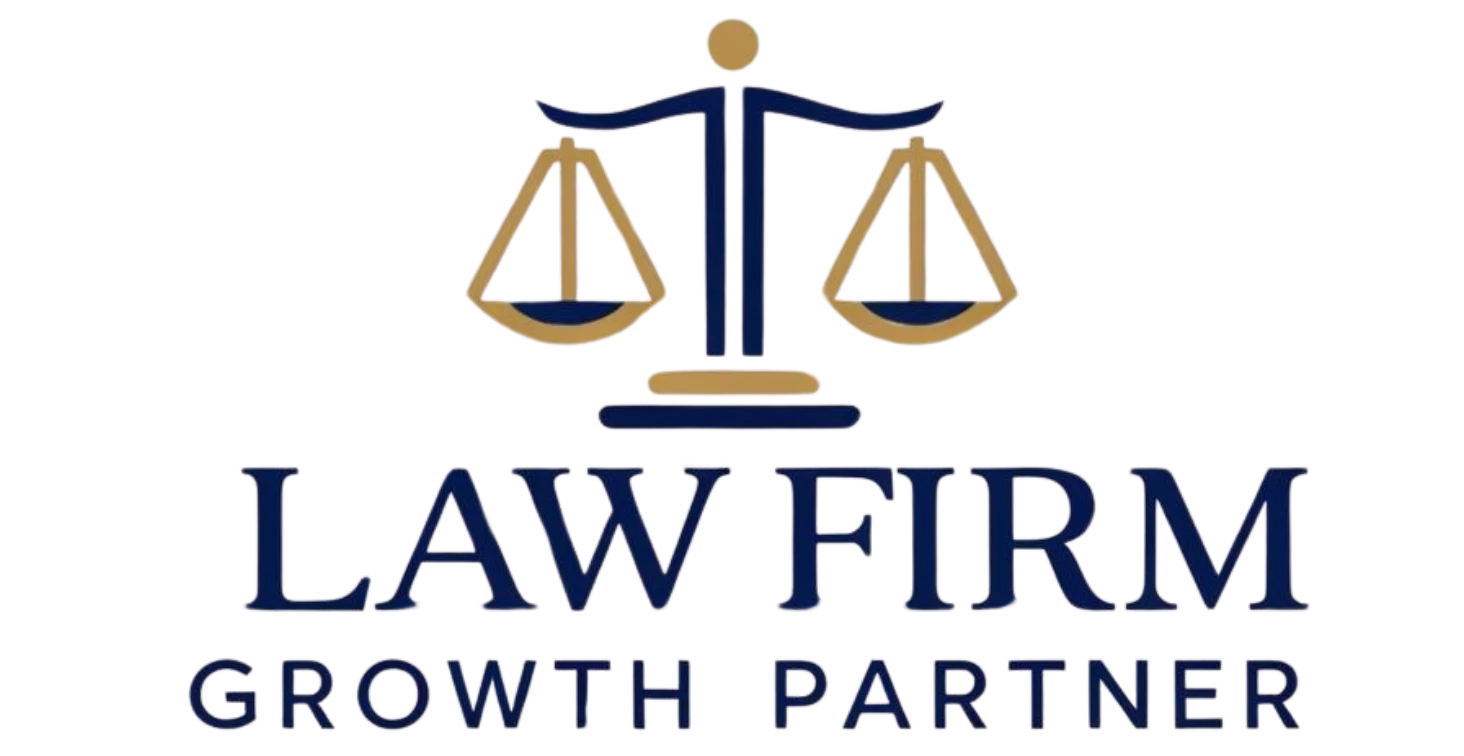Artificial intelligence (AI) is revolutionizing the way industries operate, and the legal field is no exception. From automated legal research to predictive analytics and document review, AI tools are transforming how lawyers work, making tasks faster and more efficient. However, as with any technological advancement, the rise of AI in the legal profession raises important ethical questions.
AI is not just about improving productivity or reducing costs; it also introduces complex issues related to confidentiality, bias, transparency, and accountability. For lawyers, navigating these concerns is critical in maintaining trust with clients and upholding professional standards.
1. The Rise of AI in the Legal Industry
Before delving into the ethical implications, it’s important to understand the rapid rise of AI in the legal industry. Over the past few years, AI has evolved from a niche technology to a mainstream tool in law firms. AI-powered tools now assist lawyers with various tasks, including:
- Contract analysis and review
- Predictive legal analytics for case outcomes
- Legal research automation
- Document automation and review
- Due diligence in mergers and acquisitions
While these AI systems are capable of handling a variety of tasks, it is their ethical implications that require careful consideration.
2. Confidentiality and Data Privacy Concerns
One of the primary ethical concerns surrounding AI in the legal profession is confidentiality. Lawyers are bound by strict ethical codes to protect client confidentiality, and the use of AI systems brings new challenges to ensuring sensitive information is handled properly.
Data Security Risks
AI systems require vast amounts of data to function effectively, and much of this data includes confidential client information. From emails to legal documents, AI platforms may store or process personal, financial, and sensitive legal details. If these platforms are not secure or are vulnerable to cyber-attacks, there is a significant risk of a data breach.
Privacy Concerns
Lawyers must ensure that AI tools adhere to data privacy laws, such as the General Data Protection Regulation (GDPR) in Europe or California Consumer Privacy Act (CCPA) in the United States. Failure to comply with these laws could expose clients to privacy violations and potentially jeopardize a lawyer’s reputation and license.
AI platforms must provide transparency about how they collect, store, and process data. Without proper oversight, there is a risk that sensitive client data could be misused, whether intentionally or inadvertently.
3. The Risk of Bias in AI
AI algorithms are often trained on large datasets that reflect historical patterns. However, these datasets can carry biases that exist within society or the legal system. In the legal field, biased AI tools could lead to unfair outcomes, particularly in predictive analytics and case outcome forecasting.
How Bias Manifests in AI
AI systems learn from the data they’re trained on. If this data contains biased historical information (for example, discriminatory outcomes based on race, gender, or socioeconomic status), the AI system could perpetuate these biases. For instance, an AI model used to predict the outcome of criminal cases might be biased against certain demographic groups, leading to inaccurate predictions or unjust recommendations.
Impact on Legal Decisions
Bias in AI could significantly affect legal decision-making, leading to unfair treatment of clients. If AI systems are used to guide decisions about which cases to prioritize, which strategies to employ, or how settlements should be negotiated, biased results could lead to inequitable outcomes. This is particularly concerning when AI is used to predict sentencing outcomes or determine eligibility for bail in criminal law.
4. Transparency and Accountability
AI systems, especially those used in legal practice, need to be transparent in how they make decisions. Lawyers need to understand how an AI tool arrives at its conclusions and whether its processes are explainable.
The Black Box Problem
Many AI models, particularly deep learning models, operate as “black boxes,” meaning their decision-making process is not fully visible or understandable to users. For instance, an AI tool may suggest specific legal arguments or precedents, but the lawyer may not be able to fully trace how the system arrived at that suggestion. This lack of transparency creates a dilemma: how can lawyers trust the advice provided by AI if they don’t fully understand how the system generated its results?
Accountability for Mistakes
When mistakes occur due to the use of AI, who is held accountable? In traditional legal practice, lawyers are responsible for their actions and decisions. But with AI, it’s not always clear if a mistake is due to human error, the AI system’s limitations, or poor data quality. This raises important ethical questions about liability. If an AI tool makes a recommendation that leads to an adverse outcome for a client, the question of accountability becomes murky.
5. Unauthorized Practice of Law
AI tools are designed to assist lawyers, but they are not a substitute for professional legal judgment. There is a significant ethical concern about the potential for AI to practice law without proper oversight from a qualified attorney.
AI Giving Legal Advice
If AI systems are used to provide legal advice directly to clients without a lawyer’s involvement, this could lead to the unauthorized practice of law. Legal advice should always come from a licensed attorney who can apply their professional expertise to the unique circumstances of each case. AI tools may help lawyers by providing information, but they should not be relied upon to replace legal judgment entirely.
AI as a Tool, Not a Decision-Maker
AI should be viewed as an aid to legal professionals, not as a decision-maker. Lawyers should retain control over critical decisions that require legal expertise, ethical judgment, and a nuanced understanding of the law. Relying too heavily on AI for client interactions or legal decisions could blur the lines between the roles of lawyer and machine, potentially leading to ethical violations.
6. Professional Responsibility and Oversight
Lawyers are bound by professional codes of ethics and standards of practice, which require them to act in the best interests of their clients. This extends to the use of AI tools in legal practice.
Ensuring AI Aligns with Professional Standards
Lawyers must ensure that AI tools are consistent with ethical guidelines, including the duty to provide competent representation. AI should enhance the quality of legal services, not undermine them. To achieve this, lawyers must regularly evaluate and monitor the tools they use, ensuring that they meet the highest professional standards.
AI and the Need for Human Oversight
Human oversight remains crucial when using AI in legal practice. Lawyers should not abdicate their responsibility to AI systems; instead, they should use AI as a tool to assist them in their work. By combining AI capabilities with their legal expertise, lawyers can ensure that they are delivering the best possible service to clients.
7. Impact on Access to Justice
One of the potential benefits of AI in law is its ability to make legal services more accessible and affordable. By automating routine tasks, AI could lower the cost of legal services and democratize access to justice, particularly for individuals who may not be able to afford traditional legal fees.
Addressing the Justice Gap
AI has the potential to address the justice gap by providing more people with access to legal information and assistance. However, this also introduces new ethical concerns. For example, if AI tools become widely available for self-representation, there is a risk that individuals may rely on AI without fully understanding the legal implications of their actions. This raises questions about the role of lawyers in guiding clients and the need for proper legal advice.
8. Ensuring Fair Use of AI in Legal Practice
To ensure that AI is used ethically in legal practice, it is important for law firms and legal professionals to establish clear guidelines and best practices for AI usage.
Regulation and Oversight
As AI continues to shape the legal industry, regulators and professional bodies must step in to establish ethical frameworks and ensure that AI systems are being used responsibly. This includes establishing regulations around data privacy, accountability, bias reduction, and ensuring that AI is not used to exploit vulnerable individuals.
Training and Education
Lawyers must be educated about the ethical implications of using AI in their practice. This includes understanding how AI tools work, what risks are involved, and how to maintain professional responsibility when working with AI. Ongoing training and awareness will help mitigate potential ethical violations.
9. The Future of AI in Law
AI is poised to play an increasingly significant role in the future of law, but its integration must be handled carefully. As AI systems become more advanced, the ethical concerns surrounding their use will evolve. Legal professionals will need to stay vigilant and proactive in addressing these challenges to ensure that AI enhances, rather than diminishes, the integrity of the legal system.
Conclusion
The rise of AI in law presents exciting opportunities for lawyers and clients alike, but it also brings with it significant ethical challenges. From data privacy and bias to transparency and accountability, lawyers must remain aware of these concerns as they incorporate AI into their practices. By staying informed, adhering to ethical guidelines, and ensuring proper human oversight, legal professionals can navigate these challenges while leveraging the power of AI to improve legal services and access to justice. The future of law is undoubtedly intertwined with technology, but it is up to lawyers to ensure that this integration is both ethical and beneficial to society.

